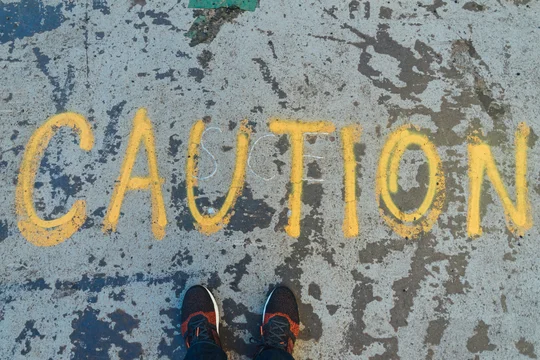
The parties in Genentech, Inc., et al. v. Apotex Inc., C.A. No. 19-78-RGA (D. Del.) are set to start a patent bench trial on Monday relating to a method of treating a particular disease, idiopathic pulmonary fibrosis (“IPF”), using the drug pirfenidone.
At the end of last week, plaintiff tried to serve a last-minute supplemental expert report and a new trial exhibit. The report and exhibit involve a newly-released study regarding the treatment of COVID-19. Apparently, according to the defendants, plaintiffs wanted to submit the new evidence on the theory that the COVID-19 treatments may cause IPF, which may be treated using pirfenidone, thus potentially resulting in infringement.
Plaintiff's expert had already cited other material to make this same point in a prior report.
Judge Andrews readily rejected the idea of adding a new supplemental report less than a week before trial:
ORAL ORDER: Having considered the letters . . . , the request for leave to amend [the trial exhibit list] and to submit a supplemental expert report is DENIED. The requested last minute activity relates at most to an additional data point for an opinion already expressed by Plaintiffs expert, and is sought simply too close to trial to be justified. Ordered by Judge Richard G. Andrews on 11/3/2021. (nms) (Entered: 11/03/2021)
Genentech, Inc., et al. v. Apotex Inc., C.A. No. 19-78-RGA, D.I. 355 (D. Del. Nov. 3, 2021). The judge acted quickly, just two days after the responsive letter.
I have to wonder that Plaintiff's thinking was moving at all. From the outside looking in, their strategy seems questionable. They had to spend the effort in a busy pretrial time to draft this letter and supplemental report, and to meet-and-confer about it, plus they risked annoying a busy Court who also happens to be the fact finder for their case—all to get a seemingly-cumulative exhibit in.
If you enjoyed this post, consider subscribing to receive free e-mail updates about new posts.






